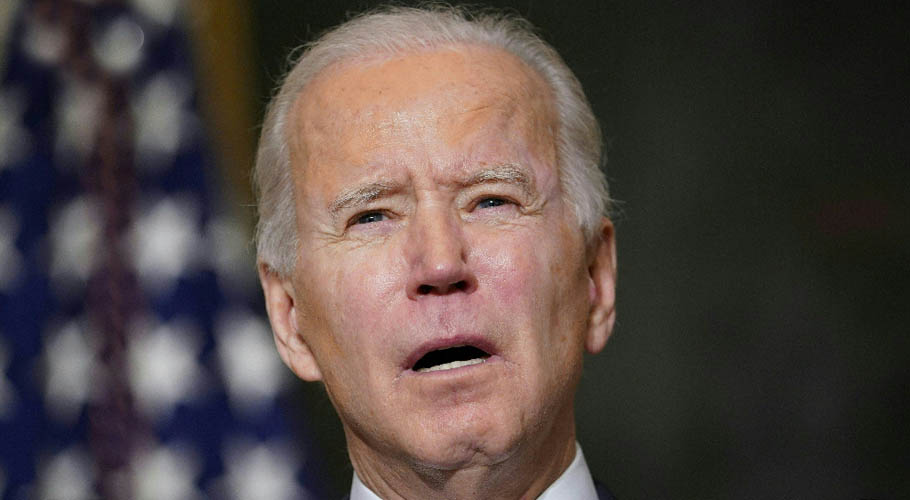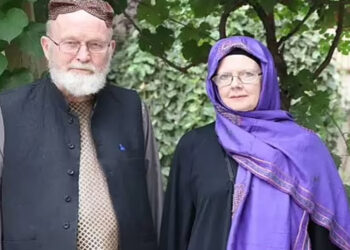![]() Follow Us on Google News
Follow Us on Google News
WASHINGTON: US President Joe Biden has said the massacres of Armenians during the Ottoman Empire in 1915 constituted genocide, a historic declaration that infuriated Turkey and further strained ties.
The largely symbolic move, breaking away from decades of carefully calibrated language from the White House, was welcomed by the Armenian diaspora in the United States, but comes at a time when Ankara and Washington grapple with deep policy disagreements over a host of issues.
Turkey’s government and opposition showed rare unity in their rejection of Biden’s statement. Foreign Minister Mevlut Cavusoglu said Turkey “entirely rejects” the US decision which he said was based “solely on populism”, while the opposition denounced it as a “major mistake”.
Biden’s message was met with “great enthusiasm” by the people of Armenia and Armenians worldwide, Armenian Prime Minister Nikol Pashinyan wrote in a letter to the US president.
In his statement, Biden said the American people honour “all those Armenians who perished in the genocide that began 106 years ago today.”
“Over the decades Armenian immigrants have enriched the United States in countless ways, but they have never forgotten the tragic history,” Biden said. “We honor their story. We see that pain. We affirm the history. We do this not to cast blame but to ensure that what happened is never repeated.”
In comments that sought to soften the blow, a senior administration official told reporters that Washington continued to see Turkey as a critical NATO ally and was encouraging Armenia and Turkey to pursue reconciliation.
For decades, measures to recognise the Armenian genocide stalled in the US Congress and most presidents have refrained from calling it that, stymied by concerns about relations with Turkey. Ronald Reagan, the former US president from California, a hub for the Armenian diaspora in the United States, had been the only president to publicly call the killings genocide.
Turkey accepts that many Armenians living in the Ottoman Empire were killed in clashes with Ottoman forces during World War One, but contests the figures and denies the killings were systematically orchestrated and constitute a genocide.
A year ago, while still a presidential candidate, Biden commemorated the 1.5 million Armenian men, women and children who lost their lives in the final years of the Ottoman Empire and said he would back efforts to recognize those killings as a genocide.
Ties between Ankara and Washington have been strained over issues ranging from Turkey’s purchase of Russian S-400 air defense systems to policy differences in Syria, human rights and a court case targeting Turkey’s majority state-owned Halkbank.
Turkish President Tayyip Erdogan had established a close bond with former President Donald Trump, but since Biden took over, Washington has grown more vocal about Turkey’s human rights track record. It has also stood firm on its demand that Ankara get rid of the Russian defense systems.
Biden had also delayed having a telephone conversation with Erdogan until Friday – seen largely as a cold shoulder to the Turkish president -when he informed him of his decision to recognise the massacres as genocide. Despite the tense relations, Erdogan and Biden are due to meet in June on the sidelines of a NATO summit in Brussels.













![Mourners hold pictures of Nasrallah, right, and Safieddine at the funeral procession [Bilal Hussein/AP]](https://mmnews.tv/wp-content/uploads/2025/02/funeral-of-slain-leader-Hassan-Nasrallah-350x250.jpg)






















